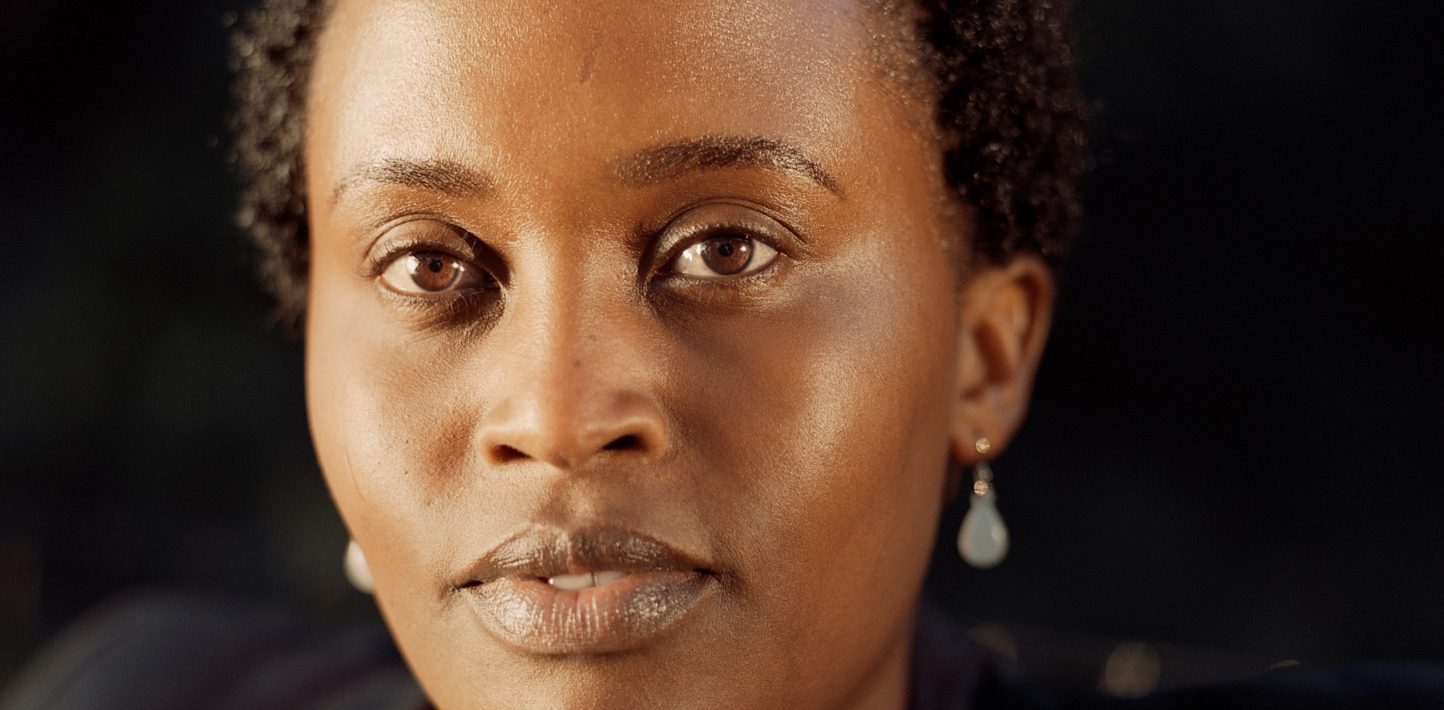Climate change is a challenge that burdens us all, but not equally. Women and girls are among those affected disproportionately, especially those belonging to marginalized and discriminated communities in the Global South. And yet their voices are rarely heard in decision making forums.
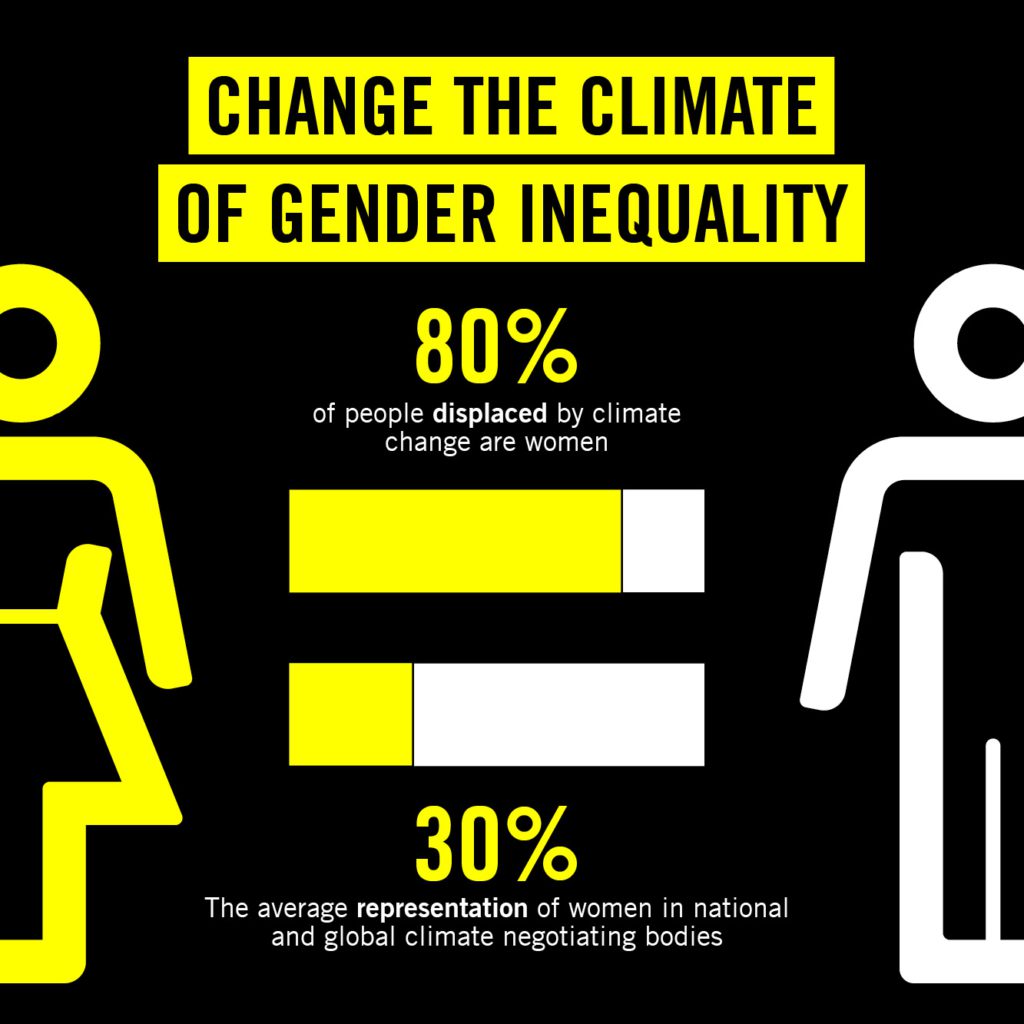
But from the rubble of stark division we are seeing movements unite. Spearheaded by diverse and powerful women, the fight for climate justice is picking up speed. Could the climate crisis serve to unite us? Will it be the turning point in global solidarity, urging us to act, connect our struggles, and finally triumph over the systemic inequalities that divide us?
This International Women’s Day, together with Greenpeace International, we asked five women activists what climate justice means to them and how we can all harness the power of diversity to ensure a just and sustainable future for everyone.
Sostine Namanya – Gender and food security specialist, Uganda.
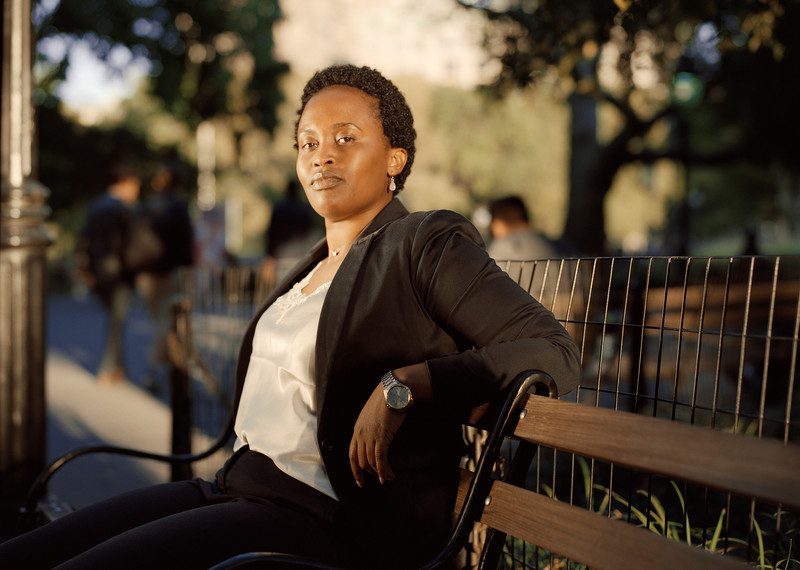
“The events I witnessed as a young African girl growing up among rural Ugandan communities greatly set me on the path of activism. Not only did I witness my own mother, aunties and other women in the village grappling with the practical challenges of climate injustice, but I too became a victim at a very young age. It was as if there was some law written somewhere that only women and girls were mandated to fetch water, wash everything at home, cook, serve the food and then look for more food. On several occasions I witnessed women being beaten by their husbands for reasons ranging from delaying to prepare meals, not boiling water for bathing or returning late from markets or water wells. It was then that the urge started developing in me that something had to be done about the situation, though at that time I couldn’t figure out exactly what. So joining civil society action and activism against social and economic injustices before I even completed tertiary education seemed a natural trend for me”
“Climate justice to me means a world where climate change is approached not in a generalized way but from how it affects different categories of people based for example on their sex, location in the world, nature of employment, income status, etc. It’s when women—especially in the Global South who labour daily to sustain their families—have their voices heard in climate debates and conversations.”
Amasai Jeke – Trans feminist and LGBTQI rights campaigner, Fiji.
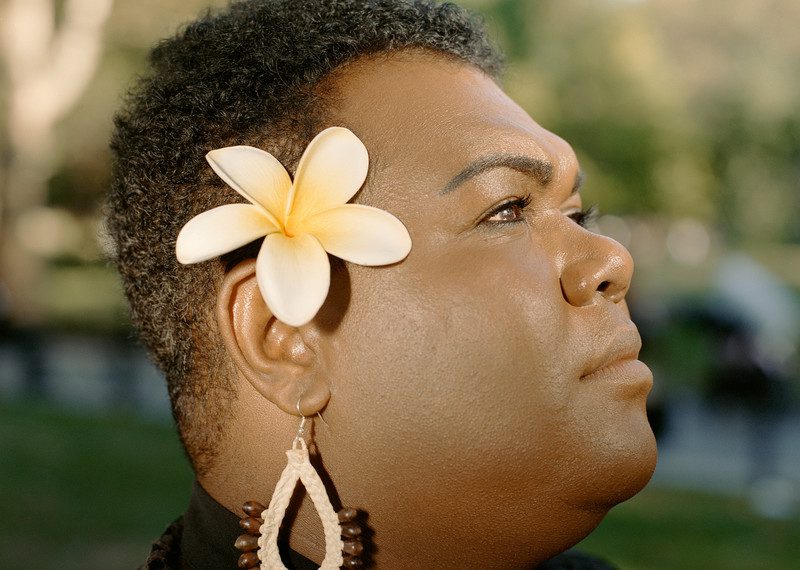
“As a young feminist and someone who believes in climate and ecological justice, it’s all about building trustworthy relations, threading common strategies, and amplifying the lived realities of people on the frontline of climate change. These people include those in the Global South, people of color, indigenous and rural communities, women, LGBTQI, children, people with disabilities, and youth who are making the change in the world.
“It’s also all about having solidarity as the foundation of how we work, and organize working together, to end climate inequalities. The climate crisis offers a lens to understand intersecting forms of inherent injustices on this planet. This is why it’s important to have gender equality—which is more than just equality between men and women—and human rights at the centre of how we work to achieve climate justice. It’s also important that marginalized communities are not side-lined or traded off as bargaining chips, but included in decision making and elevated in public debate.
“I have learned from the LGBTQI movement, women’s feminist movement that speaking truth to power is the strongest thing one can ever do and the rest will fall into place.”
Astrid Puentes – Environmental lawyer, Colombia-Mexico.
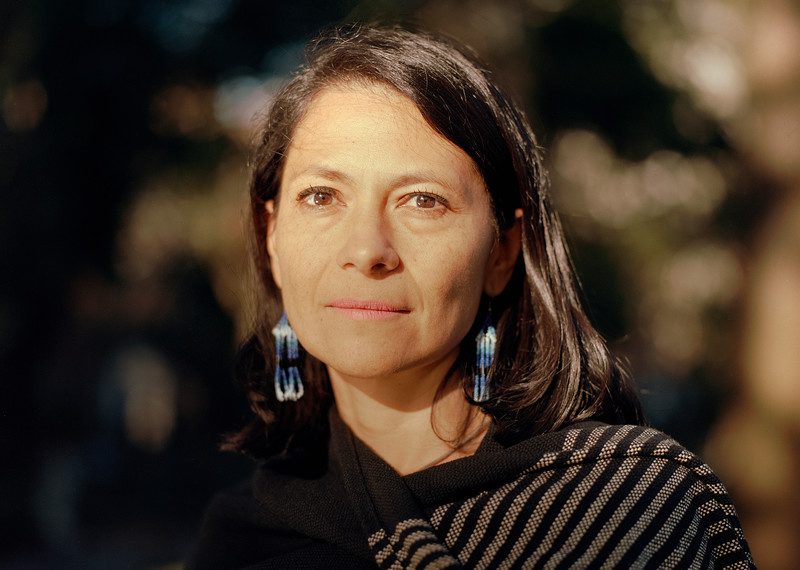
“Local and indigenous communities should be at the center of conversations around climate justice, and have a key role to play in seeking solutions. Their voices must be heard, including those from the youth and women, and the solutions they propose should be considered and implemented.
“All, and especially those of us in privileged situations have a responsibility to acknowledge societal inequalities, recognize that they happen everywhere, and actually do something about them. We must stop taking action in an effort to be politically correct, and start transforming communities and environments to be truly inclusive.”
“Getting outside of our comfort zones is one key step that we all should take. If we’re still comfortable, then we can be doing more. I’m not necessarily talking about sacrifice, actually the opposite. The first step toward building a truly just world is becoming truly uncomfortable with inequalities and discrimination”.
Marcelle Partouche – Welfare community worker and artist, Canada.
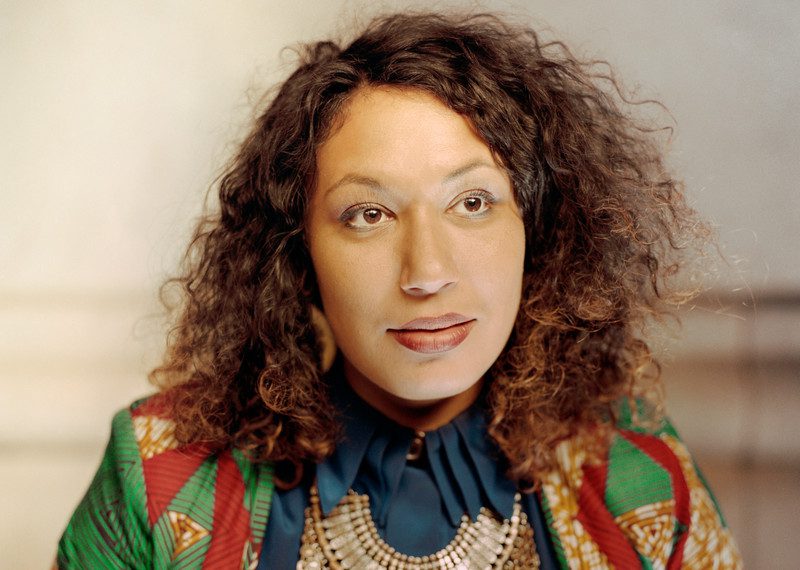
“I think we can all be humble in this battle, there is no need for entitlement. We must understand that this is a learning opportunity for us all to do things differently. We can start by learning to listen to one another and honoring the practices that have been respecting the land and the environment. We can try to tackle small changes – eating less beef, not indulging in over consumption of any kind, recycle and inform ourselves about renewable energies. All of that will impact our mindsets, behaviors, and we can simply try to share instead of wasting.
“I think the core values have to shift towards a better distribution of resources, in every sense of the term. Scarcity is a parasite when it has infiltrated our minds – it makes us greedy and selfish. But really we should be mindful of all species, elements and beings around us, and act accordingly: with an abundance of kindness, care and humanity.”
Joyce Tan – Lawyer and climate activist, The Philippines.
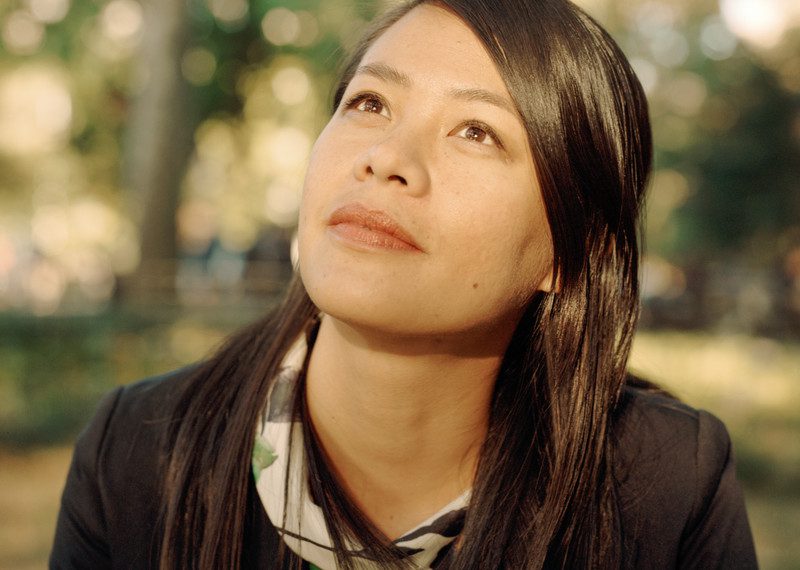
“I am a lawyer from the Philippines, a country that always tops the list of those most vulnerable to climate change and disasters. There, we have no climate deniers because people have had to live with the early impacts of climate change and see family and friends lose lives, homes, and their community’s social fabric to increasingly dangerous typhoons and prolonged droughts.
“I knew that confronting climate change would need massive transformations of deeply entrenched and interlinked systems, and I wanted to find ways that used data and evidence—the language the pundits speak—to push for these difficult changes.
“Increasingly, we see proof of how misinformed our decisions have been—in the wildfires, in massive flooding, in communities being flattened in an instant, in rapid extinctions. We now know that the margin to act is getting smaller and smaller, yet our leaders are still taking too long to respond. The world is burning, and we cannot ignore the problem and punt it for future generations to solve.”


